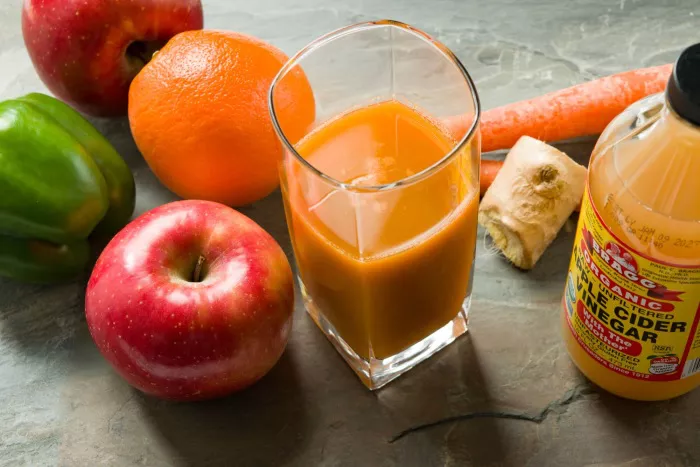As a seasoned food reviewer with a penchant for all things decadent and delicious, I’ve often found myself pondering the age-old question: is cheesecake healthy? This beloved dessert, with its creamy texture and rich flavor, has captured the hearts – and taste buds – of food enthusiasts around the world.
However, amid the indulgent allure of cheesecake lies a lingering sense of guilt for those who strive to maintain a balanced and healthy lifestyle.
Join me as we delve into the world of cheesecake, exploring its nutritional profile, health benefits, and potential drawbacks, in search of an answer to this tantalizing question.
The Temptation of Cheesecake
Few desserts can rival the indulgent allure of cheesecake. With its creamy filling, buttery crust, and endless array of flavor variations, cheesecake has become a staple of dessert menus everywhere.
Whether it’s the classic New York-style cheesecake, the tangy sweetness of a lemon cheesecake, or the decadent richness of a chocolate cheesecake, there’s a flavor to suit every palate and occasion.
However, beneath its irresistible exterior lies a question that lingers in the minds of many: can cheesecake be a part of a healthy diet?
The Nutritional Profile
When it comes to assessing the healthfulness of cheesecake, it’s essential to consider its nutritional profile. While cheesecake is undeniably rich in calories, fat, and sugar, it also contains several key nutrients that can contribute to a balanced diet.
The primary ingredients in cheesecake – cream cheese, eggs, and sugar – provide essential nutrients such as protein, calcium, and carbohydrates.
Additionally, cheesecake crusts, often made from crushed graham crackers or nuts, can add a dose of fiber and healthy fats to the dessert.
However, it’s important to acknowledge that cheesecake’s nutritional benefits are often overshadowed by its high calorie and fat content. A typical slice of cheesecake can contain upwards of 300-500 calories and 20-30 grams of fat, depending on the recipe and portion size.
Additionally, many commercial cheesecakes are laden with added sugars and artificial ingredients, which can contribute to weight gain and other health issues when consumed in excess.
The Health Benefits of Cheesecake
Despite its reputation as a decadent indulgence, cheesecake does offer some potential health benefits when enjoyed in moderation.
For starters, cheesecake is a good source of protein, thanks to its primary ingredient – cream cheese. Protein is essential for building and repairing tissues, supporting immune function, and maintaining overall health.
Additionally, cheesecake contains calcium, a mineral that is vital for bone health, muscle function, and nerve transmission. While cheesecake may not be the most nutritious dessert option, it can still provide some nutritional value when consumed as part of a balanced diet.
Navigating the Indulgence
For people who love cheesecake but want to stay healthy, finding a balance between indulgence and moderation is key. Here are a few tips for enjoying cheesecake without derailing your health goals:
1. Portion Control:
Instead of indulging in a large slice of cheesecake, opt for a smaller portion size to satisfy your sweet tooth without overdoing it.
2. Choose Wisely:
When selecting a cheesecake, opt for homemade or artisanal varieties made with high-quality ingredients and minimal added sugars. Avoid overly processed or packaged cheesecakes, which are often loaded with unhealthy additives.
3. Balance it Out:
Enjoy cheesecake as an occasional treat rather than a daily indulgence. Balance out your dessert with nutritious meals and snacks throughout the day to maintain a healthy overall diet.
4. Get Creative:
Experiment with healthier cheesecake alternatives, such as Greek yogurt cheesecake or vegan cheesecake made with nuts and dates. These alternatives can provide a lighter, lower-calorie option without sacrificing flavor.
Conclusion
In the end, the question of whether cheesecake is healthy is a nuanced one that depends on various factors, including ingredients, portion size, and overall dietary habits. While cheesecake may not be the healthiest dessert choice, it can still be enjoyed as part of a balanced diet when consumed in moderation.
By making informed choices, practicing portion control, and enjoying cheesecake as an occasional treat, you can indulge in their love of this decadent dessert while still prioritizing their health and well-being.

























